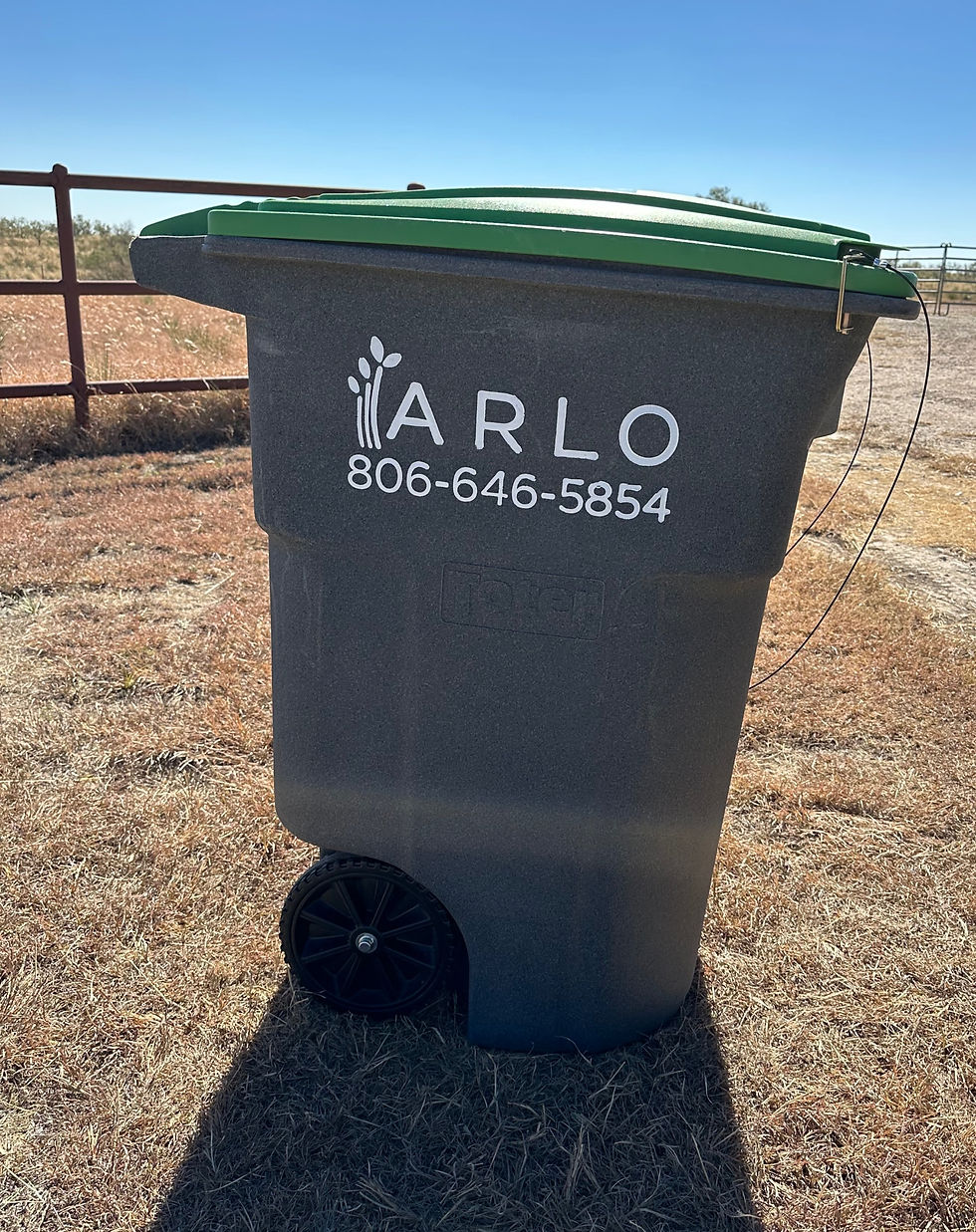
Garbage cans and dumpsters are essential tools for waste management, but many people confuse their uses and benefits. Understanding the differences between these two can help you choose the right option for your needs. This article clarifies the distinctions to guide your waste management decisions.
Garbage Cans: Everyday Use
Garbage cans are common household items used for everyday waste disposal. They are typically smaller, portable, and designed for regular trash generated in homes, offices, and small businesses.
Typical Uses: Garbage cans are perfect for daily waste such as food scraps, packaging, and small household items. They are usually found in kitchens, bathrooms, and offices.
Sizes and Materials: Garbage cans come in various sizes, generally ranging from 10 to 50 gallons. They are made from materials like plastic, metal, or rubber, each offering durability and ease of cleaning.
Dumpsters: Heavy-Duty Waste Management
Dumpsters are designed for handling large volumes of waste, making them suitable for more extensive and intensive waste management needs.
Primary Uses: Dumpsters are ideal for construction sites, large cleanouts, and renovation projects. They can hold significant amounts of debris, including heavy and bulky items.
Sizes and Types: Dumpsters range from 10-yard to 40-yard capacities. They come in different types, such as roll-off dumpsters for temporary projects and front-load dumpsters for ongoing commercial use.
Key Differences
Understanding the key differences between garbage cans and dumpsters can help you determine which is best for your specific situation.
Capacity: Garbage cans have a limited capacity, suitable for daily household or office waste. In contrast, dumpsters can handle much larger volumes, making them ideal for construction debris, large cleanouts, and other heavy-duty applications.
Durability: While garbage cans are built to be sturdy, they cannot match the durability of dumpsters, which are designed to withstand heavy and bulky waste. Dumpsters are made from reinforced steel and other robust materials to handle demanding waste management tasks.
Usage Scenarios: Garbage cans are convenient for routine waste disposal in residential and small business settings. Dumpsters are more appropriate for large-scale waste management needs, such as construction projects, commercial waste, and significant renovation efforts.
Choosing the Right Option
When deciding between a garbage can and a dumpster, consider the volume and type of waste you need to dispose of, as well as the duration of your waste management needs.
For Small-Scale Needs: If you're dealing with everyday household or office waste, a garbage can is likely sufficient. They are easy to move, clean, and store.
For Large-Scale Projects: For construction, renovation, or large cleanouts, a dumpster is the better choice. It offers the capacity and durability needed to handle large volumes of waste efficiently.
ARLO Environmental Inc. can help you determine the best waste management or Amarillo dumpster rental solution for your specific needs. With a range of options and expert advice, you can ensure efficient and effective waste disposal.
Conclusion and Call to Action
Understanding the differences between garbage cans and dumpsters is crucial for effective waste management. By selecting the appropriate option for your needs, you can ensure a cleaner and more efficient disposal process.
Need help choosing the right waste management solution? Contact ARLO Environmental Inc. today for expert advice and reliable Amarillo dumpster rental services tailored to your needs.

Comments